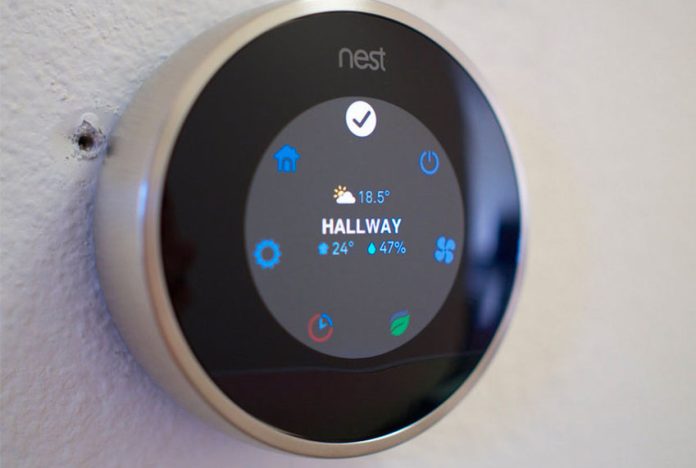When I read about surveillance cameras being shot out over the new year, I couldn’t help but let out a cynical chuckle.
While public cameras are likely the least of our worries when it comes to issues of personal privacy, the ever-increasing scrutiny and monitoring of ordinary citizens, often without our knowledge, will likely be completely out of hand by the time most people realize it’s a problem.
On a recent trip back to the States I didn’t notice many cameras — which is not to say they weren’t there — but I was amazed at the trust that so many there have in “smart systems” in their homes. I suppose it’s nice to be able to tell a device to play a song or turn up the air conditioner without having to do it oneself, but what’s it up to when it’s not “working?”
What kind of data is it collecting, and what is it doing with that data? Are conversations I have within earshot being recorded or collected somewhere?
When novelists of the 20th century imagined “Big Brother” in its various forms, it was always assumed that it would be the government keeping tabs on us. In the U.S., it’s private companies. In Mexico, where many have accounts with those American companies, it’s impossible to know the extent to which our data is being used and shared, and by whom.
There seem to be two trains of thought on the issue of privacy in general. The first is a generally cynical and resigned attitude that goes something like this: “It’s already happening and there’s nothing we can do to stop it, so you might as well adapt and just assume that nothing you do, say, write, or post is private.”
The other is filled with quite a bit more worry and panic, and often leads to feelings of helplessness in the face of being used for our data at best, and exposed to those who would hurt us at worst.
I used to be of the former group: “I’m just a drop of water in the ocean,” I’d say to myself. “There’s no reason for anyone to focus on me.” I was confident in my anonymity, and thought of the risk level as similar to that of getting into a vehicle to go somewhere. It’s true, there could be an accident, but we’re confident enough that there won’t be that we get in the car anyway.
Now, as an increasingly public figure, I’m leaning toward the latter. I’ve let my Instagram account go untouched for years, and no longer put family photos on Facebook. I don’t Tweet, sure that I’ll say something that will be misunderstood and become an international outrage, placing me as the poster child for whatever is the worst thing to be these days.
At least with writing articles and blog posts, people will have to do some digging to find my not-always-brilliant quips.
Mexicans, likely more because of economy and availability than anything else, have not embraced the “smart home” with the same zeal that Americans have, and I hope they won’t.
With the high level of impunity and a general lack of respect for the law, it’s hard to expect that Mexico’s quite good privacy laws surrounding personal data are or will always be heeded or even noticed.
The laws on the books state that, basically, a person’s personal information, like access to their phone messages and social media accounts, for example, cannot be accessed without justification. That said, telecommunications companies report a high number of requests for personal information, often from those who did not have the authority to ask for it in the first place.
In most cases, it was given. (For an excellent overview, check out State of Privacy – Mexico on privacyinternational.org.)
While it is likely that no one wants third parties sniffing around their phones and computers, most are in favor of video surveillance in public places. If a crime takes place, video evidence can ensure the guilty parties are trapped, and live monitoring could ensure that law enforcement is sent to a trouble area as soon as possible.
The problem with surveillance technology, unfortunately, is that it’s available for anyone. The police can purchase and use drones, but so can robbers, as several in Mexico City have started to do.
As well, of course, surveillance cameras can only do their jobs if they’re actually operational. Many of the cameras on the Mexico City Metro have not been in working order, and it’s always been obvious in my home state of Veracruz that the majority of cameras set up over the past few years are not actually operational.
In the end, security is a tradeoff: we sacrifice personal privacy for presumed safety, or maybe even for discounts or access to fun apps for our phones or easy, live driving instructions.
For now, at least, going by appearances alone it doesn’t seem that ordinary Mexican residents are being systematically tracked at the level of our friends to the north.
I hope and pray that our justice system and privacy laws will be ready for the inevitable onslaught when the degree of organization and sophistication reaches the necessary level.
Sarah DeVries writes from her home in Xalapa, Veracruz.
